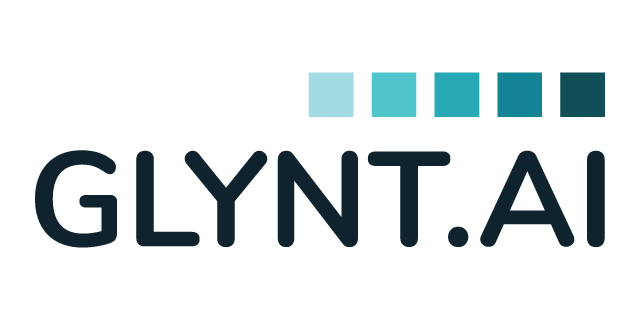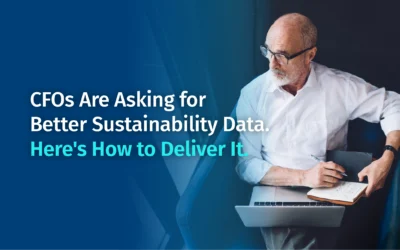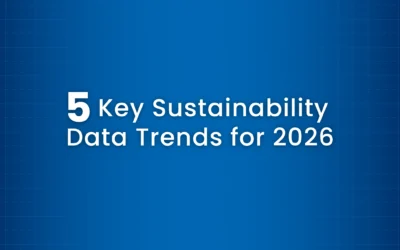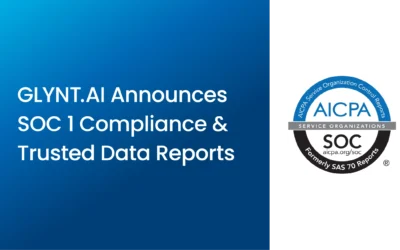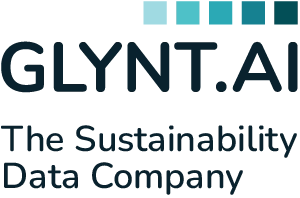#1 Climate is an industry.
Thousands of professionals descended on NYC. These folks are in their second or third promotion or job with a climate focus. Climate has grown from a dedicated group of professionals somewhat on the side, to mainstream careers. It is impressive to see the alignment of capital markets with sustainability, climate tech and investing.
#2 Trillions of dollars are poised to jump in.
As many presenters noted, U.S. energy demand is poised to increase significantly in the next 6 years from the ever-growing demands of online streaming, bitcoin and AI. New energy infrastructure must be built out. And we are so fortunate to be at a moment when clean (low carbon) technologies are much cheaper than carbon-intense sources. Wind and solar beat coal plants on cost everyday. So the match of demand, tech and capital is there. Profits are to be made!
For every business, this means opportunities to gain access to new clean energy and to reduced emissions without changing business processes. That’s a huge win for everyone.

#3 Financing clean energy will be much easier.
In the old days (e.g. 2020!) financing for clean energy required a complicated levelized cost model. And given those costs, the project would only pencil out in the regions of the U.S. with constantly high electricity rates. But with rising energy demand everywhere, all regions need new projects. And with the increased use of wind and solar, there is much less money to be made by feeding power into the grid.
Look for behind-the meter-projects that lock in a low cost of energy, pushing grid economics aside. This can be financed by a standard loan package, no fancy calcs required and no grid risk. Simplicity always accelerates financing. (Thanks to Marc Perez of Clean Power Research for sharing his perspective on this topic at a great session at Climate Week organized by Michael Murray of Mission Data.)
#4 It all starts with awesome data.
We heard at every turn – from project finance, to investors, to markets, to reporting – that climate professionals are struggling to get the accurate, fresh data they need. As “The Sustainability Data Company,” the ears at GLYNT.AI could be listening for just this message, but even after adjusting for our bias, better data and access to data is a top priority.
The acid test of any conference is: Would you go back? And indeed we would! Thanks to the many, many organizers, Climate Week was great.
